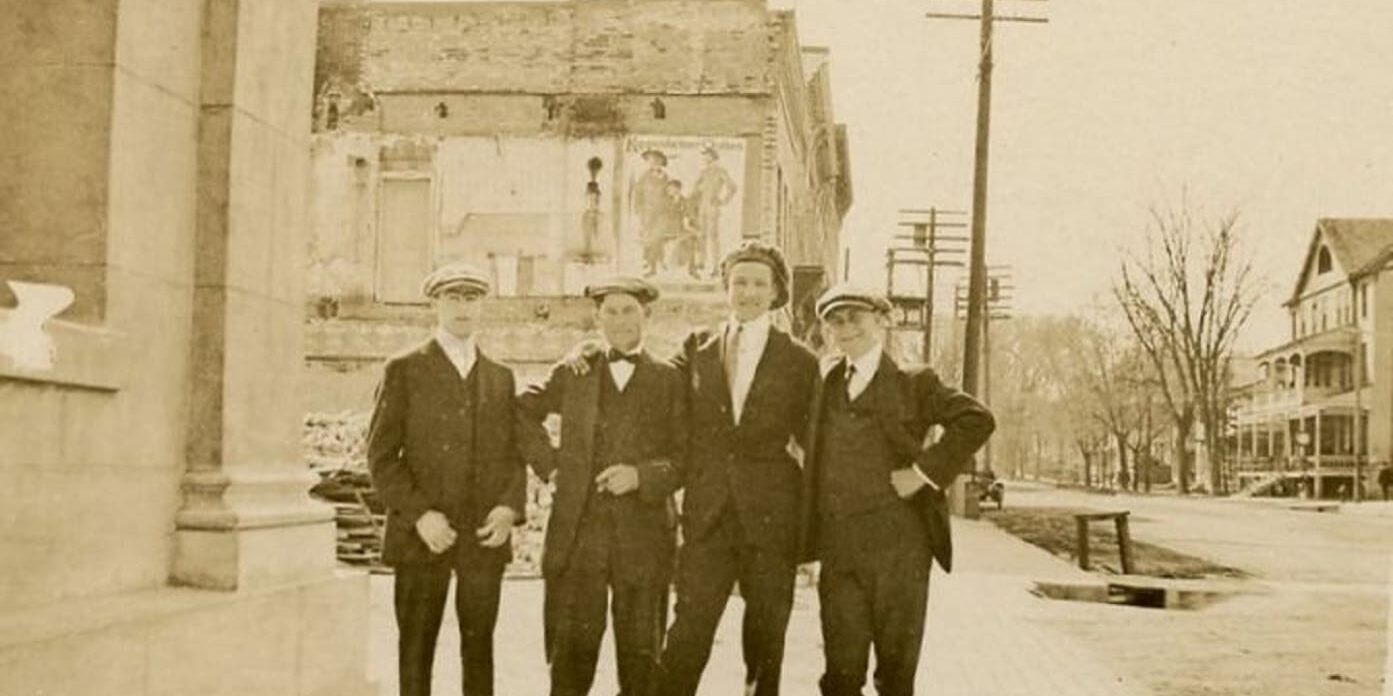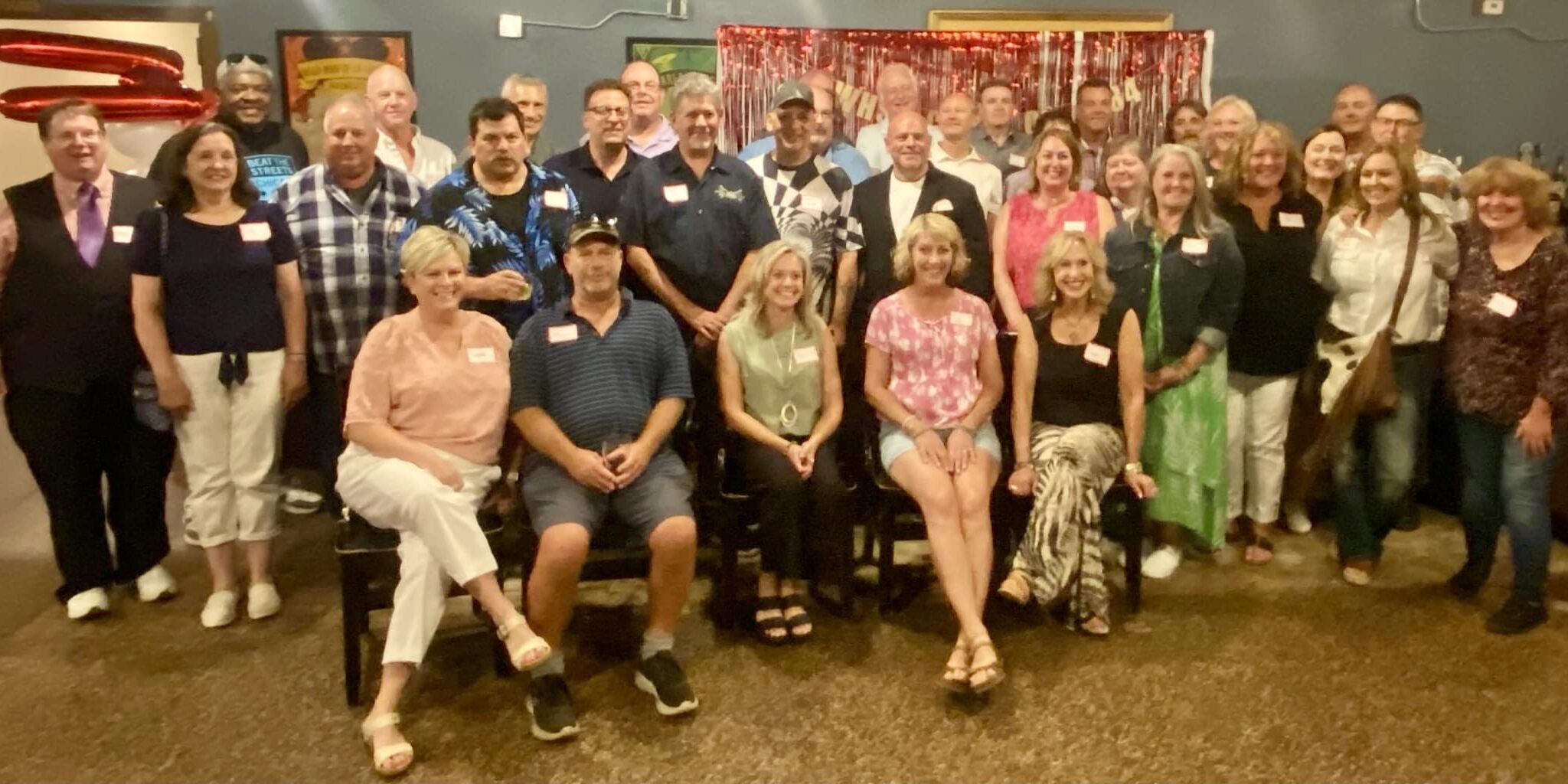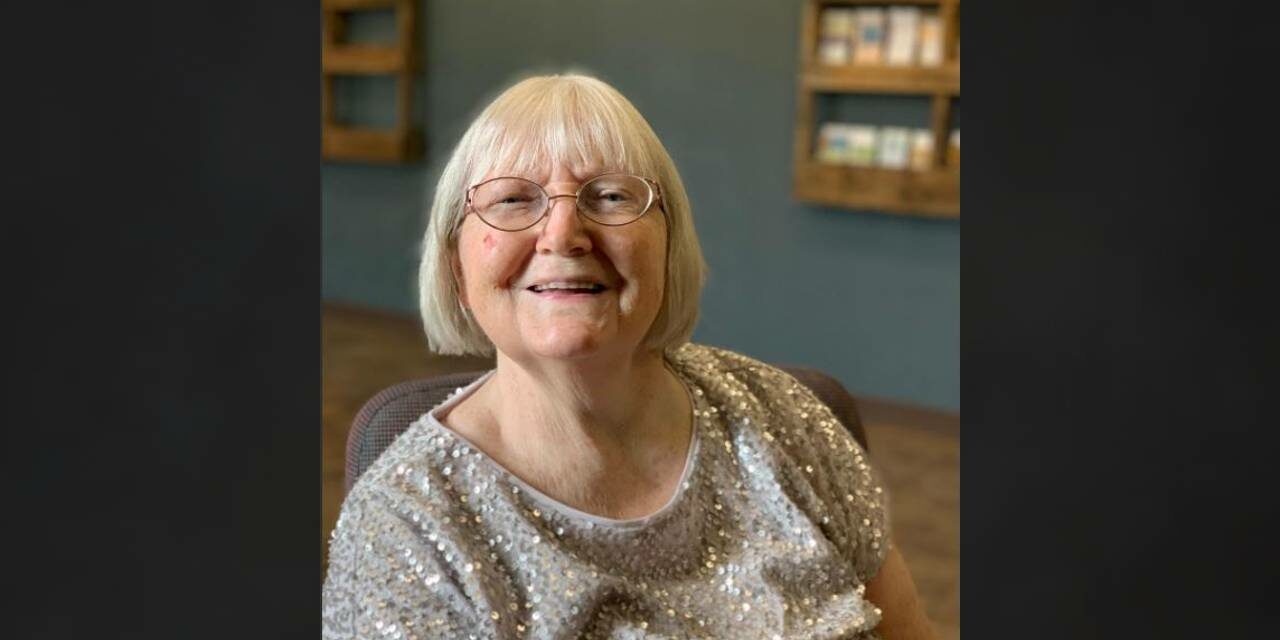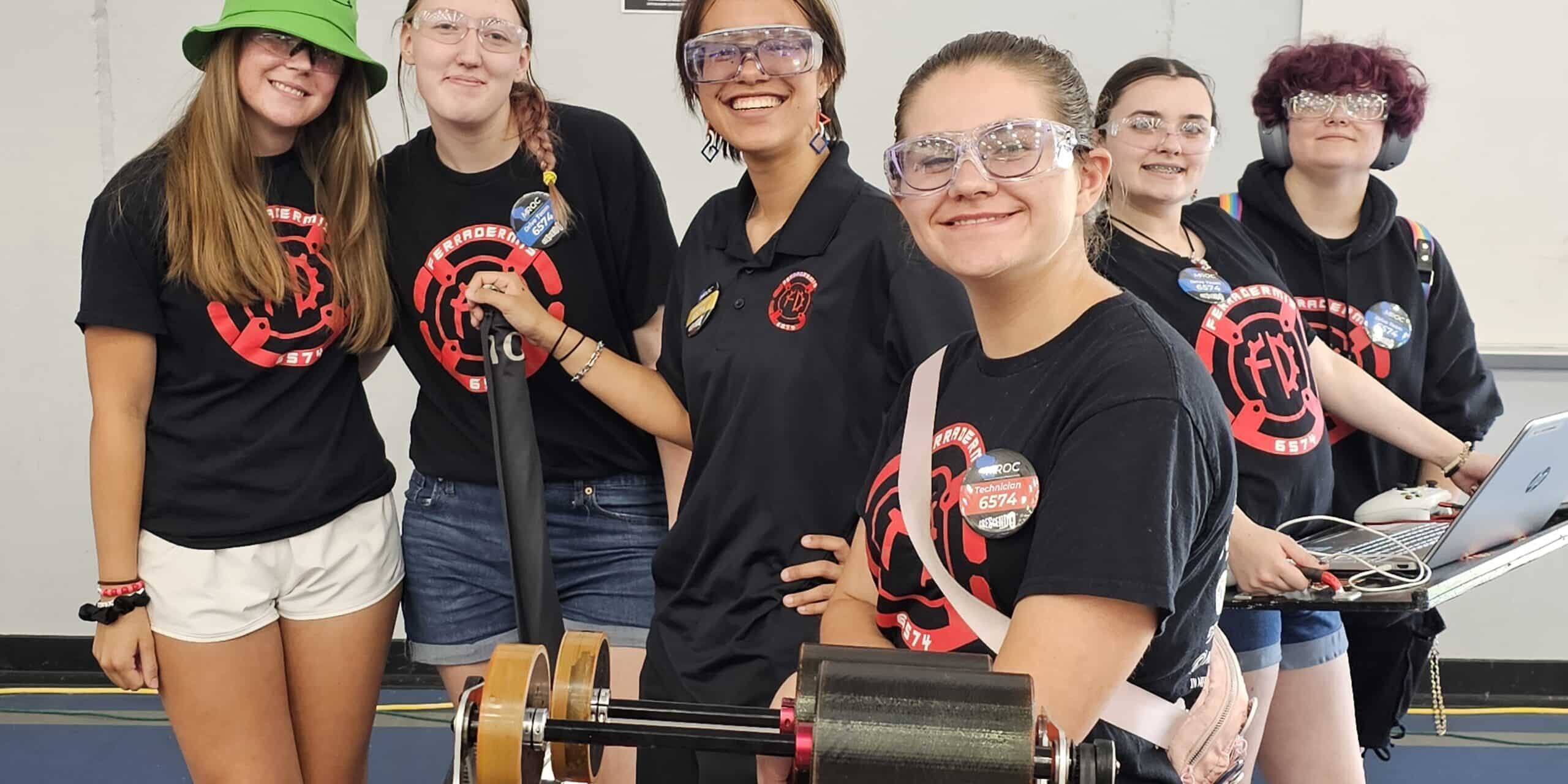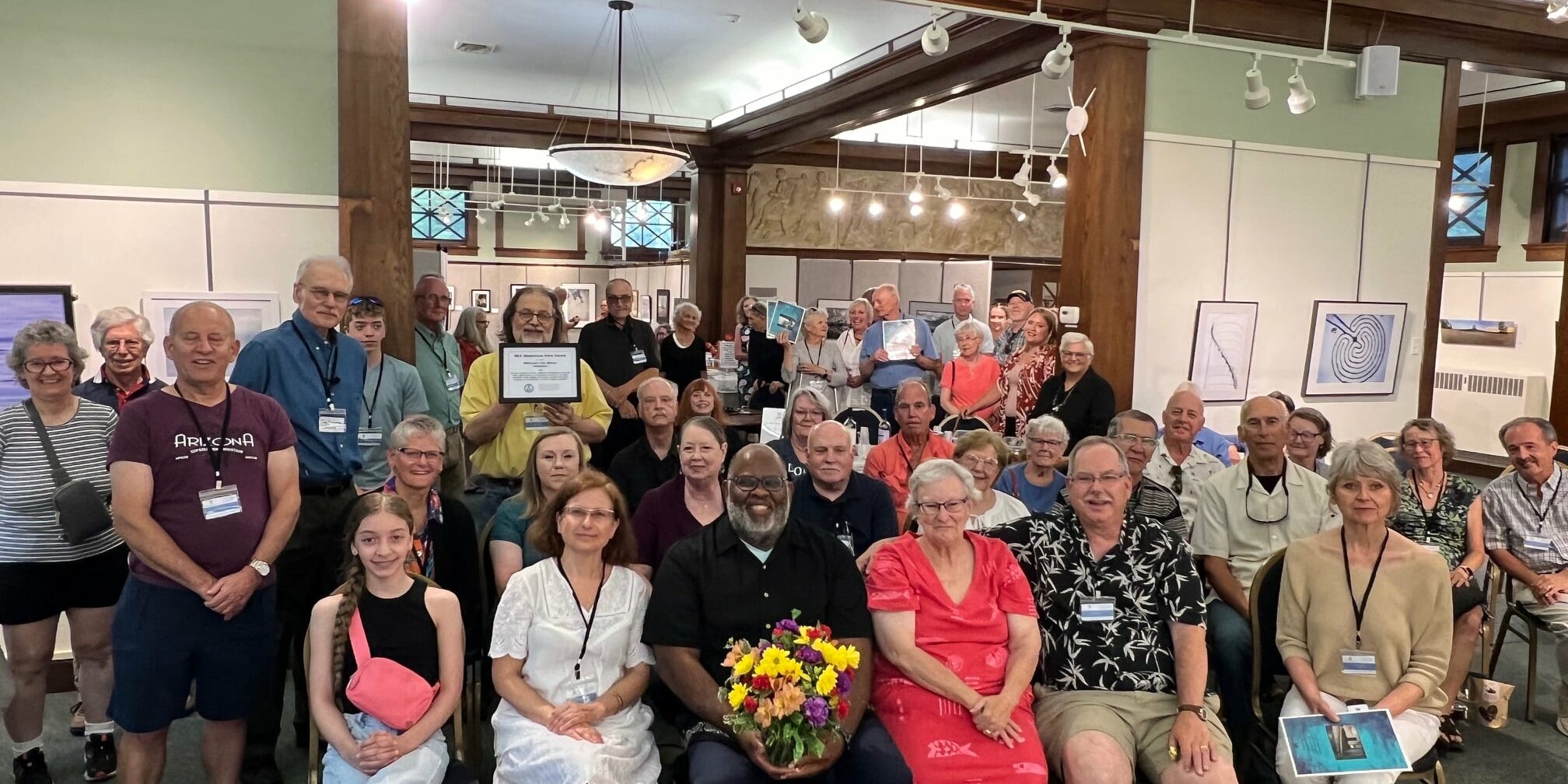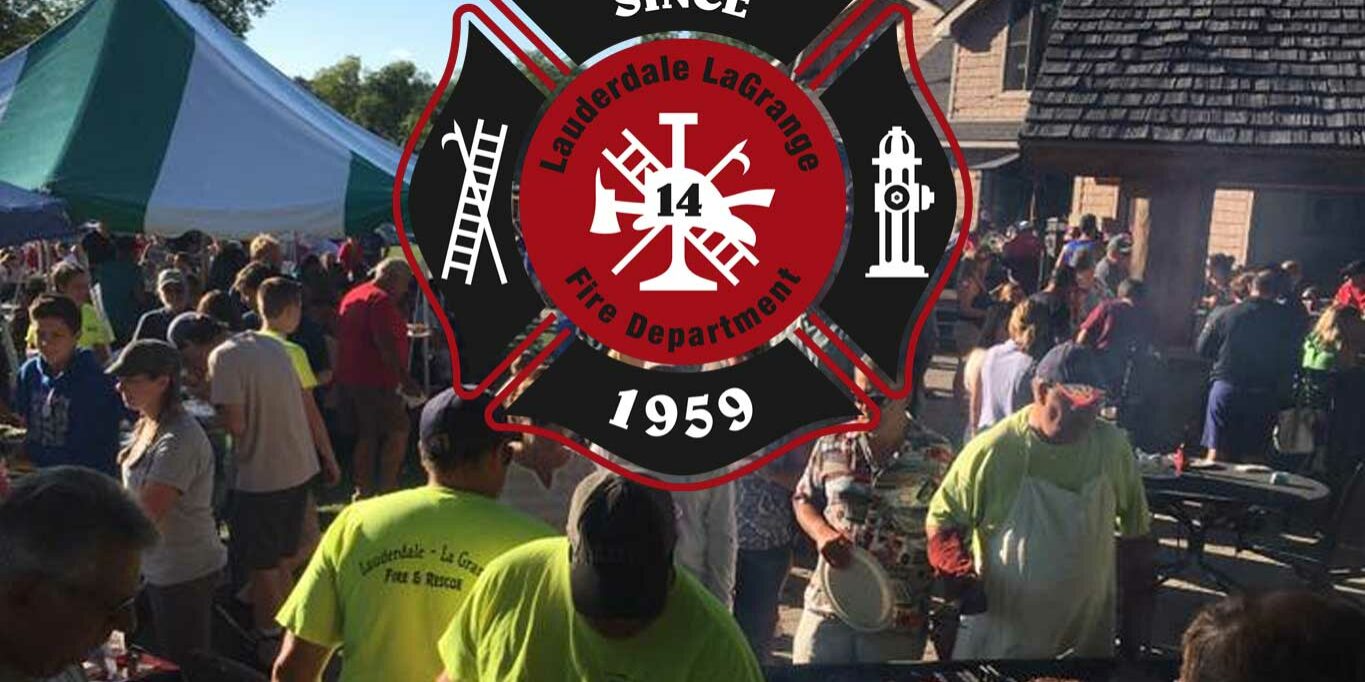Editor’s note: The following was submitted by Whitewater Dementia Friendly Community Initiative (DFCI)

by Jean Caucutt
A diagnosis of any devastating disease is difficult. When the disease has no cure or any hope of a cure, it can leave one without hope. For Ted and me that diagnosis came over three years ago. It is my hope that my words will provide ways to deal with a dementia diagnosis and ways to be sensitive to the needs of those who care for loved ones who suffer.
The main goal and objective for me was to preserve Ted’s dignity as the disease progressed. I retired from full-time work to care for him and made sure he was safe not only from bodily harm but from many who did not understand the disease. Ted looked like Ted. People would say, Ted seems fine to me. (Oh, that hurt.)
The support provided by the Alzheimer’s Association as well as the Aging and Disability Resource Center was welcome and appreciated. Family and friends, our church and former colleagues as well as neighbors all stepped up to support us in several ways. Visits, calls, meals, notes, gift cards — even a walk and talk– helped us with the journey. Friends and family would go for a walk with Ted or take him for a ride or for a meal at a fast food restaurant. This allowed me a time to breathe and to relax before the task of constant watchcare would again take over. One friend in particular made a commitment to me that he would support in any way by coming to be with Ted. Many times I would call him in a pinch, and he would be there. “Rockin’ Respite” day care in Whitewater and All-Day Adult Care in Delavan provided great care for Ted.
Libraries in our area became “Purple Angels” (certified dementia-friendly sites) to take refuge for an outing. Summer concerts in the park were a favorite place to spend time. Memory Cafes allowed good social activities and relationships with others facing the same challenges. Support groups — both in-person and online — helped along the journey. I read books and joined online chats with Teepa Snow & Dr. Natali Edmonds (Dementia Careblazers). The advice and support gave me the courage needed to get up every day and move forward. Social workers from hospice care, the Alzheimer’s Association, and the ADRC provided much needed support.
When the time came that Ted needed 24-hour care, he was moved into Glenwood at Mulberry. What a blessing this family of caregivers were to Ted and to his family. As we spent the last week with him before he passed into eternity, the kind care and genuine love for Ted and his family touched all of us in a special way. A new type of grief began after Ted passed away. We mourn him but rejoice that he is at peace with his Lord.
For more information on Jean’s resources:









